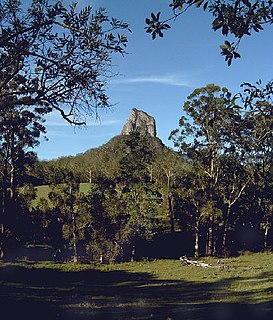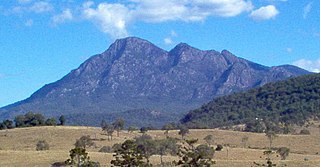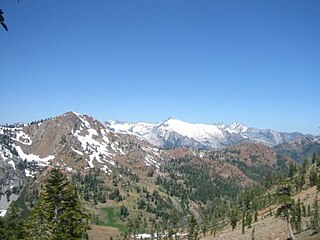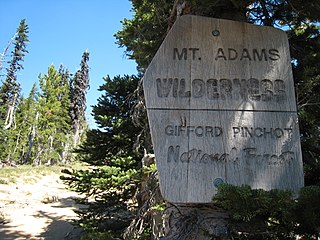| Mount Aberdeen National Park Queensland | |
|---|---|
IUCN category II (national park) | |
| Coordinates | 20°11′55″S147°55′16″E / 20.19861°S 147.92111°E Coordinates: 20°11′55″S147°55′16″E / 20.19861°S 147.92111°E |
| Established | 1967 |
| Area | 29.10 km2 (11.24 sq mi) |
| Managing authorities | Queensland Parks and Wildlife Service |
| See also | Protected areas of Queensland |
Mount Aberdeen is a national park in North Queensland, Australia, 961 km northwest of Brisbane, and 40 km south-west of Bowen. The Park is in 2 sections; the Mount Aberdeen section of 1840ha dedicated in 1952, and the Highlanders Bonnet section of 1370ha dedicated in 1967. The Park has no direct public access road or public facilities. Both Mount Aberdeen and Highlander's Bonnet are composed of granite, with Mount Aberdeen summit reaching 901 m and Highlander's Bonnet 624 m.

North Queensland or the Northern Region is the northern part of the Australian state of Queensland that lies just south of Far North Queensland. Queensland is a massive state, larger than many countries, and the tropical northern part of it has been historically remote and undeveloped, resulting in a distinctive regional character and identity.

Australia, officially the Commonwealth of Australia, is a sovereign country comprising the mainland of the Australian continent, the island of Tasmania and numerous smaller islands. It is the largest country in Oceania and the world's sixth-largest country by total area. The neighbouring countries are Papua New Guinea, Indonesia and East Timor to the north; the Solomon Islands and Vanuatu to the north-east; and New Zealand to the south-east. The population of 25 million is highly urbanised and heavily concentrated on the eastern seaboard. Australia's capital is Canberra, and its largest city is Sydney. The country's other major metropolitan areas are Melbourne, Brisbane, Perth and Adelaide.

Bowen is a coastal town and locality in the Whitsunday Region on the eastern coast of Queensland, Australia. The town of Merinda and the Abbot Point coal shipping port are also within the locality of Bowen. At the 2016 census, Bowen had a population of 10,377.
The park is notable for containing the sole regional occurrence of tropical cloud forest at the summit of Mount Aberdeen, with large areas of hoop pine ( Araucaria cunninghamii ) on the slopes of both peaks. Semi-evergreen vine thicket (subtropical dry broadleaf forest) is found in sheltered areas. There is also an unusual red gum-snow grass community in the park that is found nowhere else in Queensland. Mammals recorded in the park include unadorned rock wallabies, eastern grey kangaroos, common wallaroos, northern quolls and koalas. Found in the Park is the Mt Elliott grey ant, which is at its southern limit. [1]

A cloud forest, also called a water forest and primas forest, is a generally tropical or subtropical, evergreen, montane, moist forest characterized by a persistent, frequent or seasonal low-level cloud cover, usually at the canopy level, formally described in the International Cloud Atlas (2017) as silvagenitus. Cloud forests often exhibit an abundance of mosses covering the ground and vegetation, in which case they are also referred to as mossy forests. Mossy forests usually develop on the saddles of mountains, where moisture introduced by settling clouds is more effectively retained.
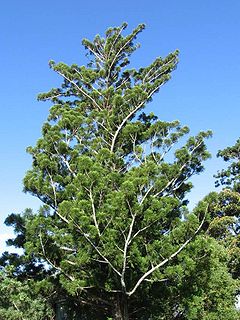
Araucaria cunninghamii is a species of Araucaria known as hoop pine. Other less commonly used names include colonial pine, Queensland pine, Dorrigo pine, Moreton Bay pine and Richmond River pine. The scientific name honours the botanist and explorer Allan Cunningham, who collected the first specimens in the 1820s.

The eastern grey kangaroo is a marsupial found in southern and eastern Australia, with a population of several million. It is also known as the great grey kangaroo and the forester kangaroo. Although a big eastern grey male typically masses around 66 kg and stands almost 2 m (6.6 ft.) tall, the scientific name, Macropus giganteus, is misleading: the red kangaroo of the semi-arid inland is larger, weighing up to 90 kg.



